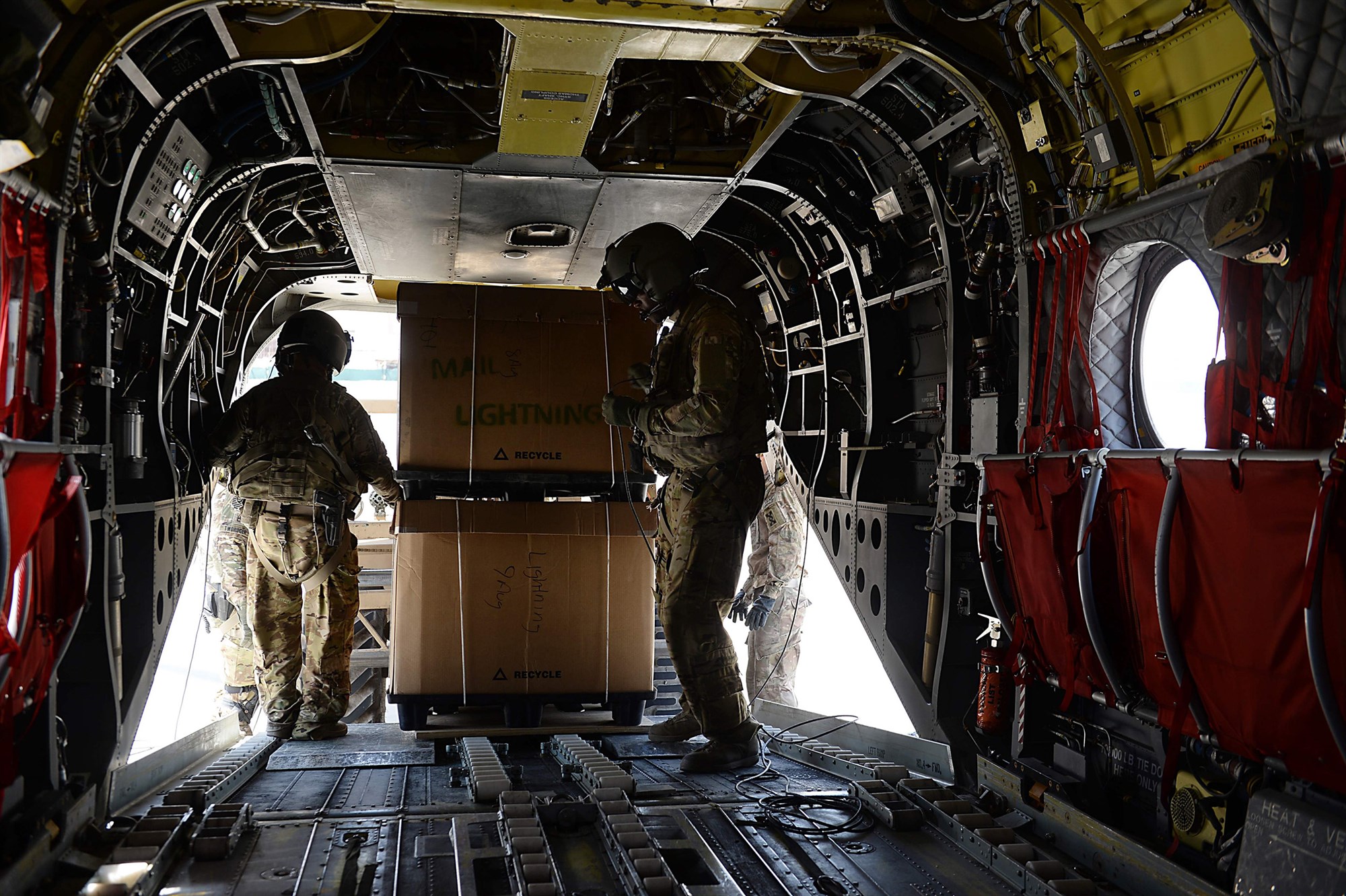By Courtney Kube and Ken Dilanian, NBC News–
Two months after top Pentagon officials vowed to get to the bottom of whether the Russian government bribed the Taliban to kill American service members, the commander of troops in the region says a detailed review of all available intelligence has not been able to corroborate the existence of such a program.
“It just has not been proved to a level of certainty that satisfies me,” Gen. Frank McKenzie, commander of the U.S. Central Command, told NBC News. McKenzie oversees U.S. troops in Afghanistan. The U.S. continues to hunt for new information on the matter, he said.
“We continue to look for that evidence,” the general said. “I just haven’t seen it yet. But … it’s not a closed issue.”
McKenzie’s comments, reflecting a consensus view among military leaders, underscores the lack of certainty around a narrative that has been accepted as fact by Democrats and other Trump critics, including presidential nominee Joe Biden, who has cited Russian bounties in attacks on President Donald Trump.
U.S. intelligence agencies have for years documented Russian financial and military support to the Taliban, but a Russian program to incentivize the killing of American service members would represent a significant escalation.
Trump said he did not raise the issue of Russian payments to the Taliban in his most recent meeting with Russian President Vladimir Putin. Critics have said he should have. Senior military officials say they don’t believe the intelligence is strong enough to act on.
Echoing comments in July by Gen. Mark Milley, chairman of the Joint Chiefs of Staff, McKenzie said that if he could establish that the Russians were offering payments to kill Americans, he would push to forcefully respond. But the intelligence is far from conclusive, he said.
“I found what they presented to me very concerning, very worrisome. I just couldn’t see the final connection, so I sent my guys back and said, look, keep digging. So we have continued to dig and look because this involves potential threats to U.S. forces, it’s open,” he said, adding, “I just haven’t seen anything that closes that gap yet.”
A U.S. military official familiar with the intelligence added that after a review of the intelligence around each attack against Americans going back several years, none have been tied to any Russian incentive payments.
The suggestion of a Russian bounty program began, another source directly familiar with the matter said, with a raid by CIA paramilitary officers that captured Taliban documents describing Russian payments.
A Taliban detainee told the CIA such a program existed, the source said, although the term “bounty” was never used. Later, the CIA was able to document financial transfers between Russian military intelligence and the Taliban, and establish there had been travel by key Russian officers to Afghanistan and by relevant Taliban figures to Russia.
That intelligence was reviewed by CIA Director Gina Haspel and placed in Trump’s daily intelligence briefing book earlier this year, officials have said. The source described the intelligence as compelling, but meriting further investigation. Nonetheless, current and former U.S. officials have said, many CIA officers and analysts came to believe a bounty program existed. They concluded that the Russians viewed it as a proportional response to the U.S. arming of Ukrainian units fighting Russian forces in Crimea, the source said.
Many military officials have always been more skeptical, several senior officials said, in part because they had not seen all the intelligence the CIA had gathered. Unlike counterterrorism information, intelligence gathered about sensitive Russian government activities is often closely held, sometimes distributed only in paper form to a small number of senior officials in Washington.
But after The New York Times reported on intelligence about an alleged bounty program, senior military officials have had a chance to examine all the intelligence, officials say.


Leave A Comment
You must be logged in to post a comment.